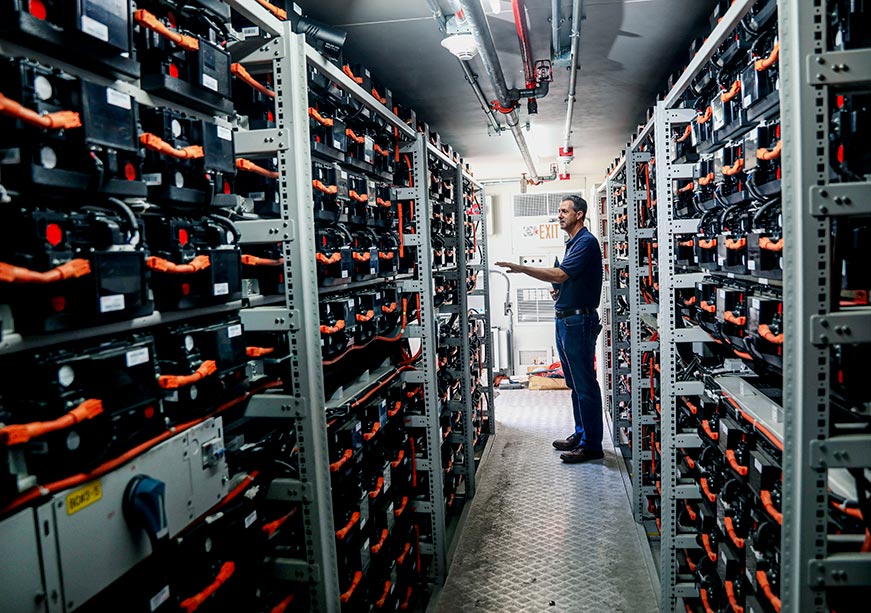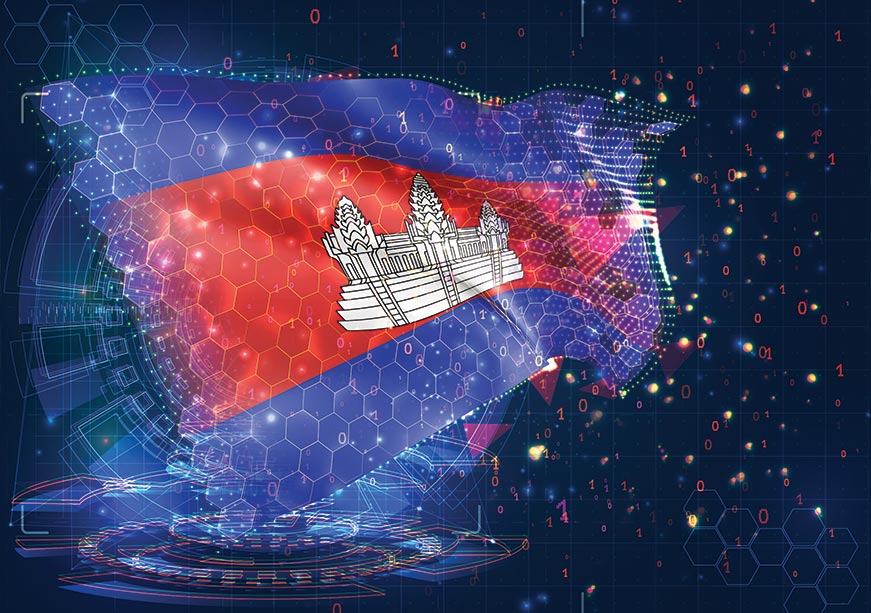South Asia as a whole was struggling with crises of governance, said Professor Sumit Ganguly while broadly outlining some key political, social and economic trends in the region during a presentation at ORF on December 16, 2011.

South Asia as a whole was struggling with crises of governance, said Professor Sumit Ganguly while broadly outlining some key political, social and economic trends in the region during a presentation at ORF on December 16, 2011.
Prof. Ganguly, who holds the Rabindranath Tagore Chair in Indian Cultures and Civilizations and is a Professor of Political Science at Indiana University in Bloomington, talked at length about developments in Sri Lanka, Pakistan, Bangladesh and Afghanistan.
Referring to Sri Lanka, he said that ethnic triumphalism characterised the country’s politics. The government was successful in crushing one of the most vicious insurgencies but at an enormous cost in terms of lives and losses.
But, he argued, there were other equally serious losses which have neither been acknowledged or accounted for. In fact, there has been a complete denial of the costs in terms of the rights of communities which were in minority. There was little or no recognition of the rights of the Tamil minority, their future and, he cautioned, there were inherent dangers that might lie in marginalising the principal minority population.
He said the general assumption was that they have prevailed and militarily eviscerated the LTTE; shred most of their external networks by ensuring that they were on the foreign terrorist list of the U.S State Department and thereby making any contributions to the LTTE an abetment to terror. Therefore, the main discourse was now about promoting economic development and how it was a solvent to any residual unhappiness amongst the Tamil population. The Tamil minority had become dispirited by the kind of ethnic triumphalism that was prevalent. He said that it would be interesting to see how not just in the popular discourse but also to see how the conflict would be portrayed in textbooks how a new generation of citizenry would be socialised into thinking about the long stretch of violence that had characterised the island, thereby, giving the world a sense of where Sri Lanka was headed.
He was apprehensive that if the policy of permanently confining the principal minority to an unequal status was enshrined and pursued, the world would not see an end to Tamil subnationalism. It would be complacent to think that these grievances would not be mobilised or coalesced again.
Another disturbing trend, indicated Dr Ganguly, was the steady muzzling of the press. Several courageous journalists were increasingly feeling cowed; and speaking out against the government was a very risky and dangerous proposition. Most of the reports published regarding the ethnic violence would be nothing more than a whitewash as the commission involved did not have the independence or the autonomy necessary for an honest assessment.
He said that while Sri Lanka could revel in the fact that the civil war was over, foreign investment was coming in, tourists were flocking, but it would be misleading to think that way. The gross human rights violations that have occurred in the war against the LTTE was not taken seriously by the international community as most of the big powers have been busily involved in the Middle East and other South Asian countries and therefore, Sri Lanka had for the most part a free ride, except from a few international human rights organisations.
Pakistan, according to him, was facing a serious ’crisis of governance’ that it has never faced in its entire history. He cited various reasons for this state--such as weak economy, deteriorating law and order situation, severe strain on energy resources, deteriorating relations with the U.S. Referring to the worsening US-Pak relationship, Prof. Ganguly said, Any attempt to salvage the relationship on part of the US was largely to meet immediate goals, particularly to ensure supply lines to Afghanistan till 2014, to ensure that elements within Pakistan sever links with Al-Qaeda or the LeT and also to ensure the safety of the Pakistan’s nuclear weapons . The brinkmanship that the elite were engaged in with the U.S. was costing the country dearly. The blockade of trucks to Peshawar had only led to further problems particularly because Pakistan received a significant rent for the passage. The US has already reduced its dependence on Pakistan for transit from 80 percent to around 40 percent by finding alternatives to the land route.
Another major crisis, Dr Ganguly said, was the severe water crisis in the heartland of Pakistan and how there were no prospects of good policies emerging in this regard. In fact, he said that the Pakistani elite were in denial of the magnitude of the problem that the country was currently facing.
He said that Pakistan felt it could rely on traditional allies like Saudi Arabia and China to tide over the crises. However, despite assurances, the Chinese were perfectly canny and showed no indication of saving Pakistan from the vortex it was falling into. According to him, due to the porousness of the border, proximity and organic links across the border, India was the most likely candidate to play a significant role in saving . He said that the situation therefore was extremely dire and only some catalytic event could force the elite to confront the threats that the polity faced.
Referring to Bangladesh, he said that it was partly a raging success story, particularly considering how they started off. Some social indicators were considered better than India; for instance, Infant mortality rate was better than India. He said the the country was no longer a ’basket case’, a term Henry Kissinger had used to describe Bangladesh in 1971. It was moving into areas that were long dominated by China, particularly textiles, leather, etc. He also said that the Islamists surge witnessed under Khaleda Zia’ regime was for at least the foreseeable future curbed. Relations with India were also at a better footing, particularly after Prime Minister Manmohan Singh’s visit despite the fiasco over the Teesta water. He said that there was hope the situation in Bangladesh was turning for the better. One issue which concerned Dr Ganguly was a pervasive sense of denial about illegal immigration and an unwillingness to address the issue.
On Afghanistan, he said that the writ of the state did not run beyond Kabul. He termed Afghanistan as an appropriate example of the perverse effects of aid. Small sections of the population have enriched themselves with lavish lifestyles and the intended targets remain in the same vulnerable conditions. He said that the Afghan National Army was not ready to take on the Taliban as it suffered a severe shortfall in terms of capability, resolve, training and number. The elites of the region, particularly those who had returned with big dreams, would sooner or later find their exit strategies as 2014 approaches. There was increasing weariness on the part of the U.S to complete their commitments to Afghanistan. USAID might not be able to complete many of its projects due to financial crunches. AboutIndia’s role in Afghanistan, he said it would be singularly the most disastrous policy to leave Afghanistan to itself and India must continue to help train the Afghan army, police forces and develop the strategic relationship. He speculated that Russia, Iran and India might find common ground in Afghanistan, a situation far less worse than the present where the US was working towards a negotiated peace process which brought the Taliban back to Afghanistan.
The report was prepared by Aarya Venugopal, Research Assistant, ORF
The views expressed above belong to the author(s). ORF research and analyses now available on Telegram! Click here to access our curated content — blogs, longforms and interviews.




 PREV
PREV

